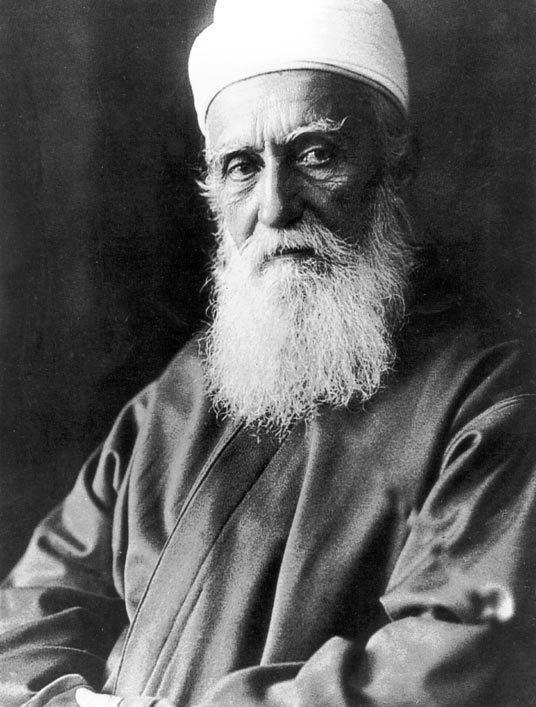Hi..
Read ‘The Great Learning’!
Confucius, a Chinese thinker and social philosopher. His teachings had an impact in China,Korea,Japan,Taiwan and Vietnam.
I am paraphrasing the main points of ‘THE GREAT LEARNING’:
1. Knowing the end: One must know what to achieve,only then can the path be achieved. Once the path is known, things should be investigated ,knowledge gained and then virtue can be attained. He’s asking people to reflect and investigate their hearts,purify their own thoughts,be sincere to their own conscience.
2. Self-Renovation : One must continuously indulge in moral refinement and know himself or herself. The attainment of knowledge will lead to sincerity of one’s own thoughts and ultimatlely lead to a virtuous person.
3. Root to branches: Perfecting knowledge is like knowing the root. Once a person is virtuous,he or she moves on to regulating families (brotherly love,kindness) and then to governing the state (with good faith) and ultimately to making the entire kingdom happy and peaceful. One can not preach what one does not practice. (Anti-Hypocrisy… Do u know of anyone who is not a hypocrite?? I do not!! )
4. Virtue is the root, wealth the result: Running behind wealth will lead to disaster and it is an end which need not be worried about. Once virtue is there, everything falls in place. In a state, pecuniary gain is not to be considered its prosperity, but prosperity is to be found in righteousness. If wealth is acquired in the morally incorrect fashion, one always will be scared of losing it in the same manner.
5. Easy to fail: It takes time and effort to become virtuous but one mistake can lead to its fall.
6. Learn to respect people with knowledge instead of being jealous and hindering their progress.
Check out this Confucius temple

Confucius :



